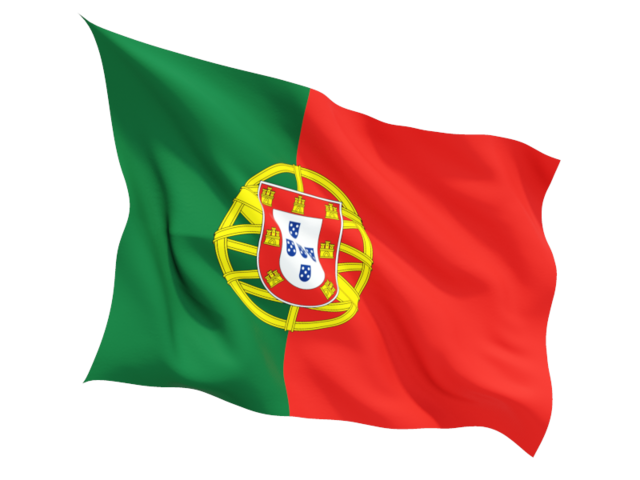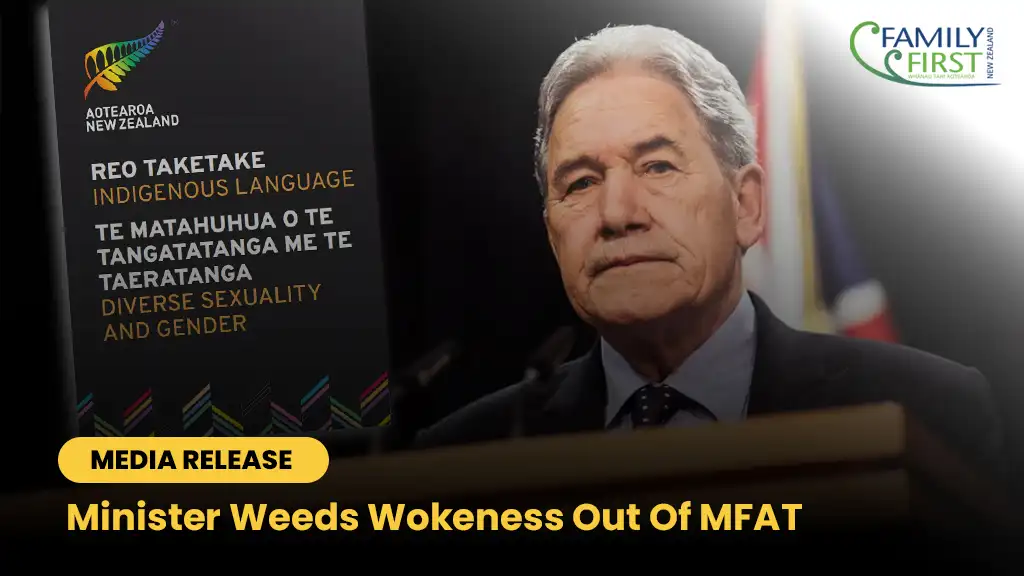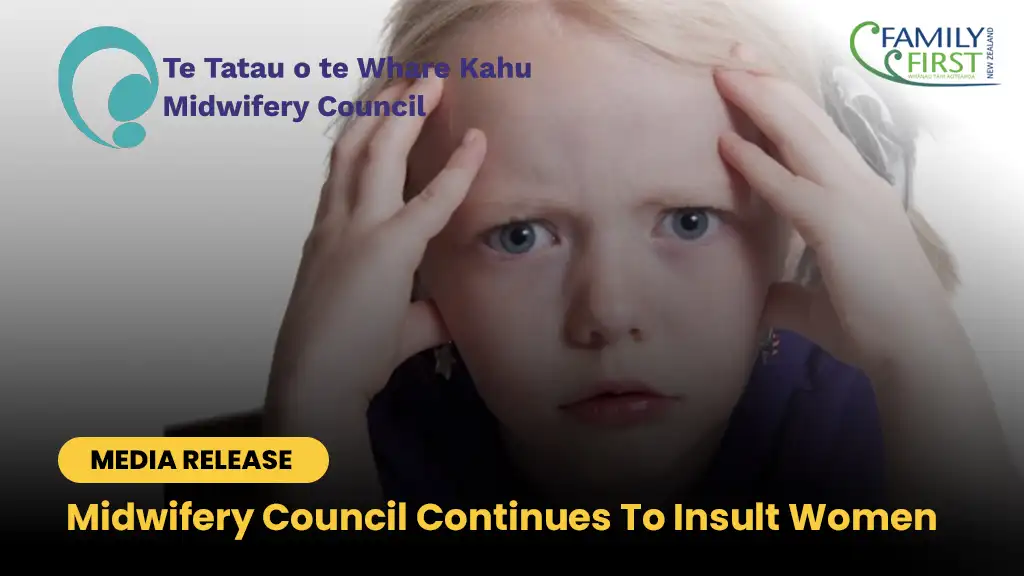TRAFFICKING, ORGANISED CRIME, CONSUMPTION, PSYCHOACTIVE SUBSTANCES ALL ON THE INCREASE
Media Release 21 January 2019
Family First NZ says that it is significant that political parties in Portugal are now pushing for the legalisation of marijuana in their country because they wrongly believe it will combat current problems around organised crime, drug trafficking, increased consumption and the use of psychoactive substances.
“For years, and especially recently, we have heard that Portugal’s decriminalisation is the perfect model of marijuana legislation. But Portugal is simply taking the next step in the grand plan of drug normalisation – decriminalisation to legalisation – the same journey that the Drug Foundation and the Green Party with its referendum wants to take New Zealand down. And marijuana isn’t the only drug that they will want to liberalise. Availability and acceptability of drug use will all increase consumption which will be a health disaster,” says Bob McCoskrie, National Director of Family First NZ.
But Portugal shows troubling results. The most recent statistics show that between 2012 and 2017 Lifetime Prevalence statistics for alcohol, tobacco and drugs for the general population (aged 15-64) have risen by 23%. There has been an increase from 8.3% in 2012, to 10.2% in 2016/17, in the prevalence of illegal psychoactive substance use.
The National Survey on the Use of Psychoactive Substances in the General Population in Portugal 2016/17, reports: “We have seen a rise in the prevalence of alcohol and tobacco consumption and of every illicit psychoactive substance (affected by the weight of cannabis use in those aged 15-74) between 2012 – 2016/17.” Last-12-months-use of any illicit substance has doubled between 2012 and 2017.
“It is also significant to note that Portugal recently voted down a bill proposing to legalise medicinal – including grow-your-own – cannabis, and opted for a more confined law allowing use of some medicinal cannabis,” says Mr McCoskrie.
“If Portugal has been such a success since 2001, why are countries not rushing to replicate their approach – and why are politicians within the country even now saying it has failed. It is clear that the claims of success in Portugal well exceed the reality.”
The Left Bloc (BE) and People-Animals-Nature (PAN) are proposing legalisation of cannabis for recreational use, with two bills tabled to the Portuguese parliament. According to statements made to the local media by Portugal’s Association of Studies on Cannabis, the regulation would draw “people off the street“, avoiding their using “a substance in a hazardous, unhealthy place, in contact with dangerous people related to drug trafficking, where there is absolutely no control over the quality and toxicity of the product,”. It would also constitute “a major step towards taking the business away from organised crime groups.” They say that the effect of decriminalisation has been to increase trafficking and consumption every year, which has been shown to have failed across the board.
“Claims that decriminalisation has reduced drug use and had no detrimental impact in Portugal significantly exceed the existing scientific basis.”
Gil Kerlikowske, Director, US Office of National Drug Control Policy (ONDCP) during Obama Administration
“[Portugal] still has high levels of problem drug use and HIV infection, and does not show specific developments in its drug situation that would clearly distinguish it from other European countries that have a different policy.”
UNODC (United Nations Office on Drugs and Crime): Cannabis A Short Review (2012)
To summarise:
- decriminalisation has increased drug use for all age-groups
- decriminalisation has seen sharp increases amongst high-school students
- Portugal’s drug use, other than for heroin, was initially lower than European averages
- while drug deaths in Portugal are much lower in Portugal due to heroin being smoked or snorted rather than injected, drug overdose mortality is currently increasing
Further reading: http://saynopetodope.org.nz/portugal/
ENDS




